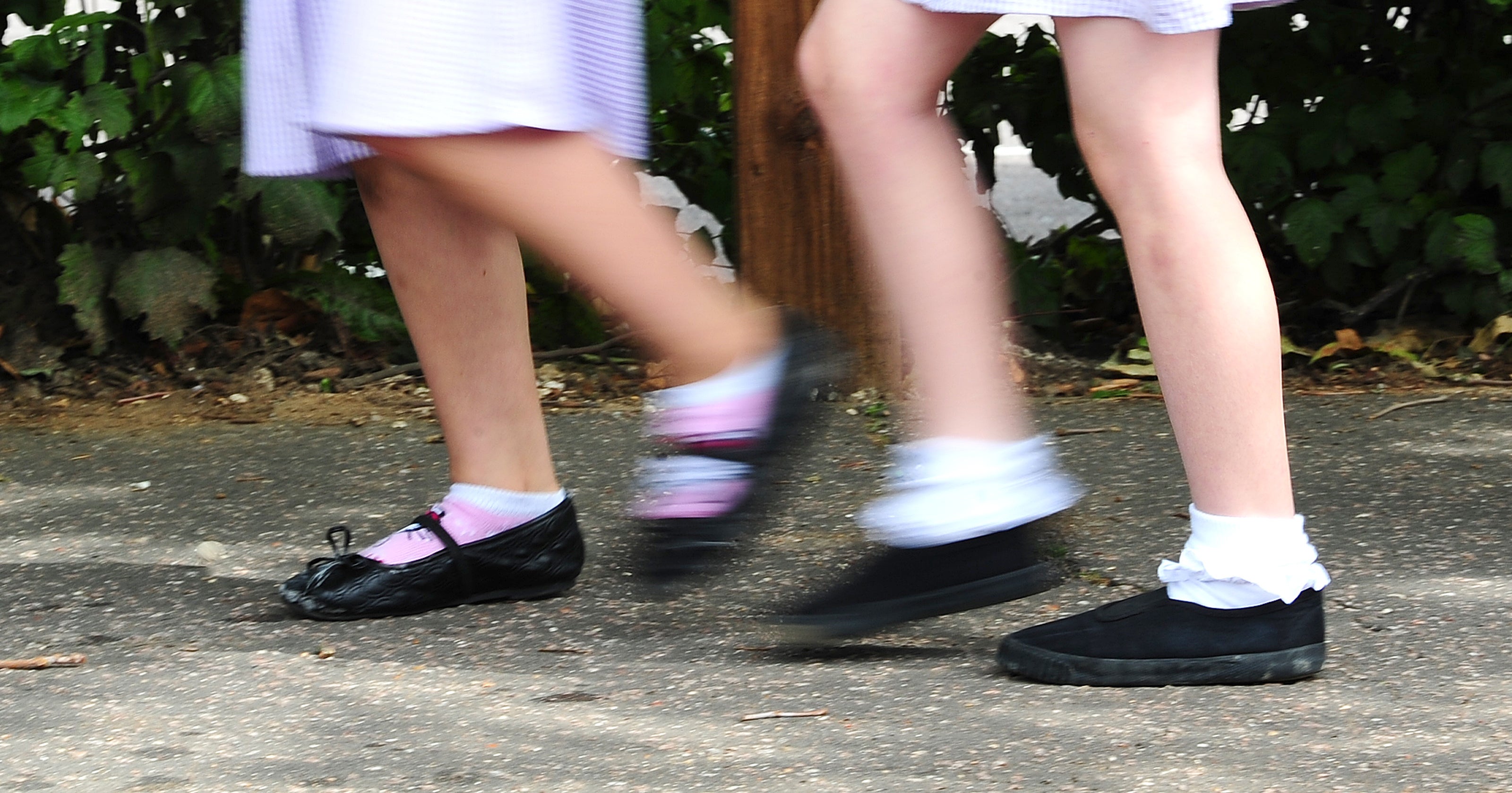Parents at ‘end of their tether’ over child mental health, says charity chief
Holyrood’s Health, Social Care and Sport Committee has launched an inquiry into the health and wellbeing of young people.

Your support helps us to tell the story
From reproductive rights to climate change to Big Tech, The Independent is on the ground when the story is developing. Whether it's investigating the financials of Elon Musk's pro-Trump PAC or producing our latest documentary, 'The A Word', which shines a light on the American women fighting for reproductive rights, we know how important it is to parse out the facts from the messaging.
At such a critical moment in US history, we need reporters on the ground. Your donation allows us to keep sending journalists to speak to both sides of the story.
The Independent is trusted by Americans across the entire political spectrum. And unlike many other quality news outlets, we choose not to lock Americans out of our reporting and analysis with paywalls. We believe quality journalism should be available to everyone, paid for by those who can afford it.
Your support makes all the difference.Parents in Scotland are “at the end of their tether” over the mental health of their children, MSPs have heard.
The Covid-19 pandemic has exacerbated problems in child and adolescent mental health services (CAMHS), leading to the number of young people waiting more than a year for treatment doubling between September 2020 and the same month in 2021, according to figures released last week.
Some 1,978 patients were waiting more than a year in September, compared to 959 the previous year.
Due to extended lockdown periods, many services that would help young people to access mental health services were either overstretched or closed, while schools were closed and social interactions for young people curtailed.
Speaking before Holyrood’s Health Social Care and Sport Committee as part of an inquiry into the health and wellbeing of young people, the head of a children’s charity issued a stark warning.
“It was really difficult before the pandemic,” said Mary Glasgow, the chief executive of Children 1st.
She said: “There was a lack of support to recover from the impact of trauma, it was very difficult to access quickly good quality support for children who were experiencing emotional distress or mental health difficulties.
“That got a lot worse through the pandemic, so we’ve seen children’s challenges around their anxiety and their mental and emotional health being exacerbated, made worse.
“Parents and carers are really at the end of their tether, very distressed, not knowing where to turn.
“When universal services are not available as a first step into support, they’ve really been at a loss to try and access timely help for children.”
Meanwhile, health psychologist, Heather Connolly, told the same committee that exhaustion was preventing her mental health colleagues from providing a holistic service for families.
“That whole systems, whole family approach is really important and it looks good on paper, but how is that embedded in actual services and what does look like? And what are some of the barriers to doing that and having that?” she said.
“The complete stress and burden and moral injury of our workforce will impact on the ability to deliver person-centred care.
“One of the cornerstones of person-centred care is delivering services with compassion, but if our workforce have no compassion for themselves right now because they’re working under extreme stress, extreme burnout, then we’re going to have real difficulty delivering that person-centred service.”